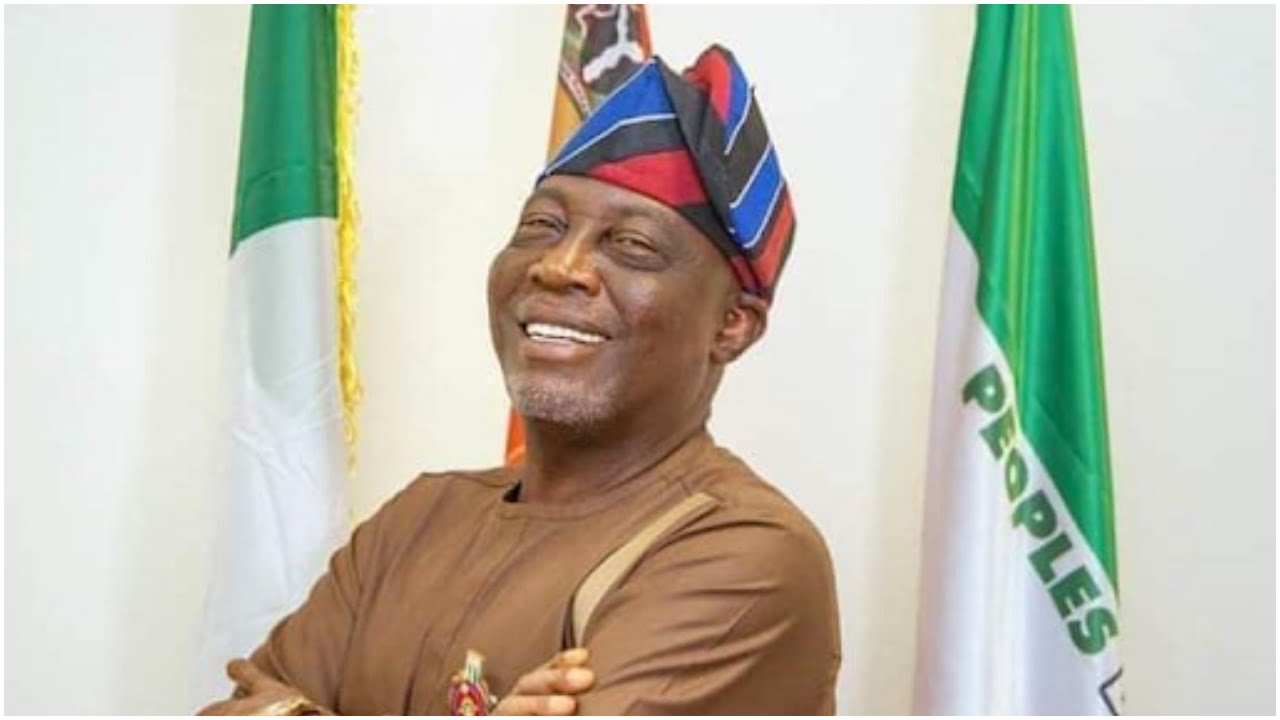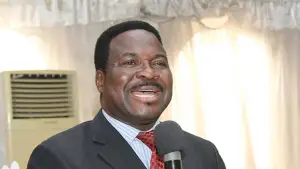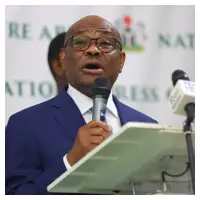Senate Minority Leader, Abba Moro, has strongly criticized members of the Peoples Democratic Party (PDP) who have recently defected to the All Progressives Congress (APC), suggesting that they are seeking political absolution.
Speaking during an interview with AIT Focus Nigeria on Thursday, Moro referenced a statement by an APC chieftain that those who join the ruling party have "their sins forgiven," implying that recent defectors may be motivated by self-preservation rather than public service.
"When history unfolds, we are going to have the privilege of knowing the main reasons why people are moving from PDP to the ruling party," Moro stated. "It has always been the practice though, people don't want to stay outside the corridors of power."
The senator's comments come amid a wave of high-profile defections from the opposition PDP to the ruling APC. Notable among these defectors are former PDP presidential running mate Ifeanyi Okowa and Delta State Governor Sheriff Oborevwori. Additionally, all PDP members in the House of Representatives from Delta State and three PDP senators from Kebbi State have switched allegiance to the APC.
Moro questioned the principles behind such political migrations: "Is it in the interest of this country? Is it in the interest of democracy? Is it in the interest of the political development of this country that people continue to move from one political platform to the other?"
The Benue South senator challenged the common justification given by defectors that they are acting in their constituents' interests, describing it as a "nebulous excuse." He reminded that the Supreme Court has ruled that voters elect political parties rather than individuals, making such defections problematic for democratic principles.
"Where have principles taken flight to? Where has value taken flight to?" Moro asked, expressing concern about the impact of these defections on Nigeria's political landscape and democratic development.
Political analysts suggest that this trend of defections may significantly reshape Nigeria's political dynamics ahead of future elections, potentially weakening opposition structures while strengthening the ruling party's position across different levels of government.













